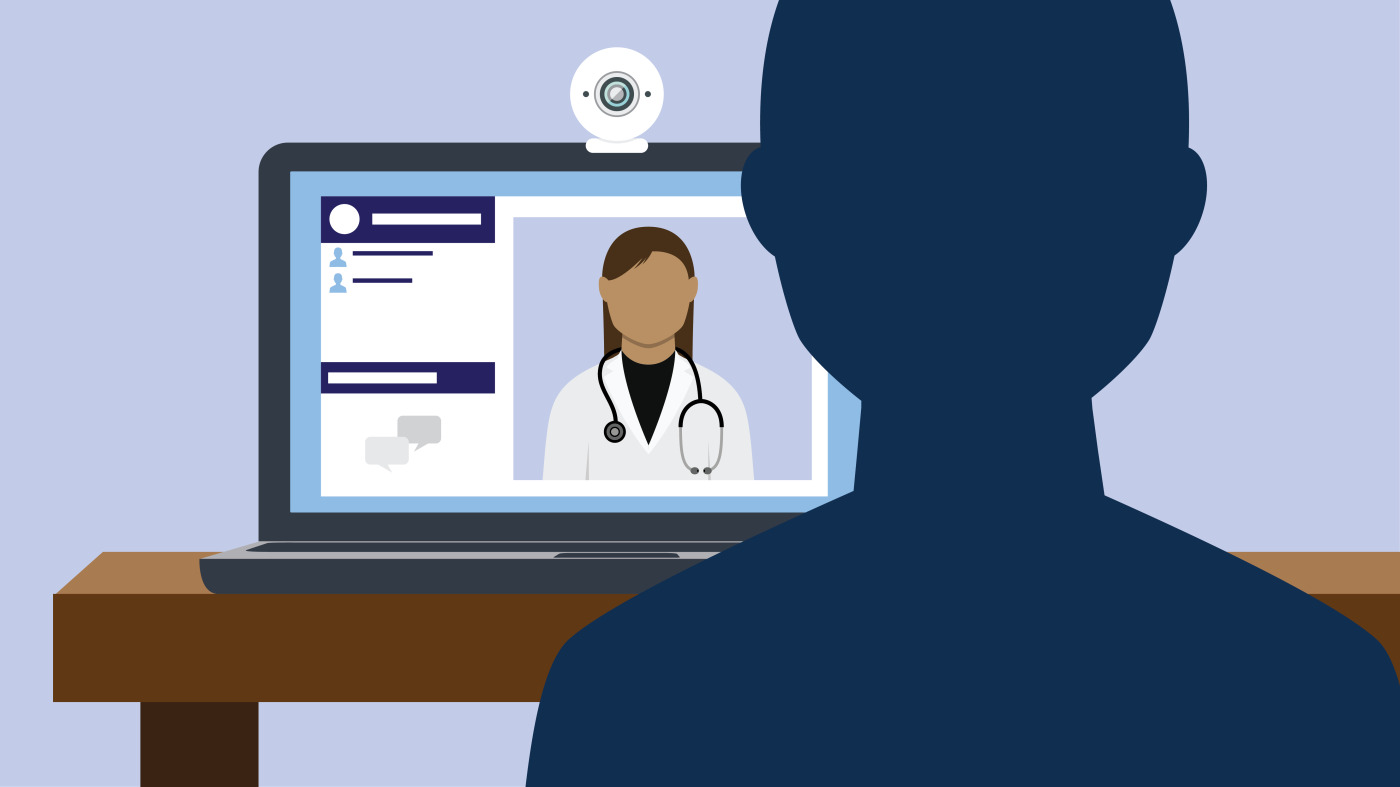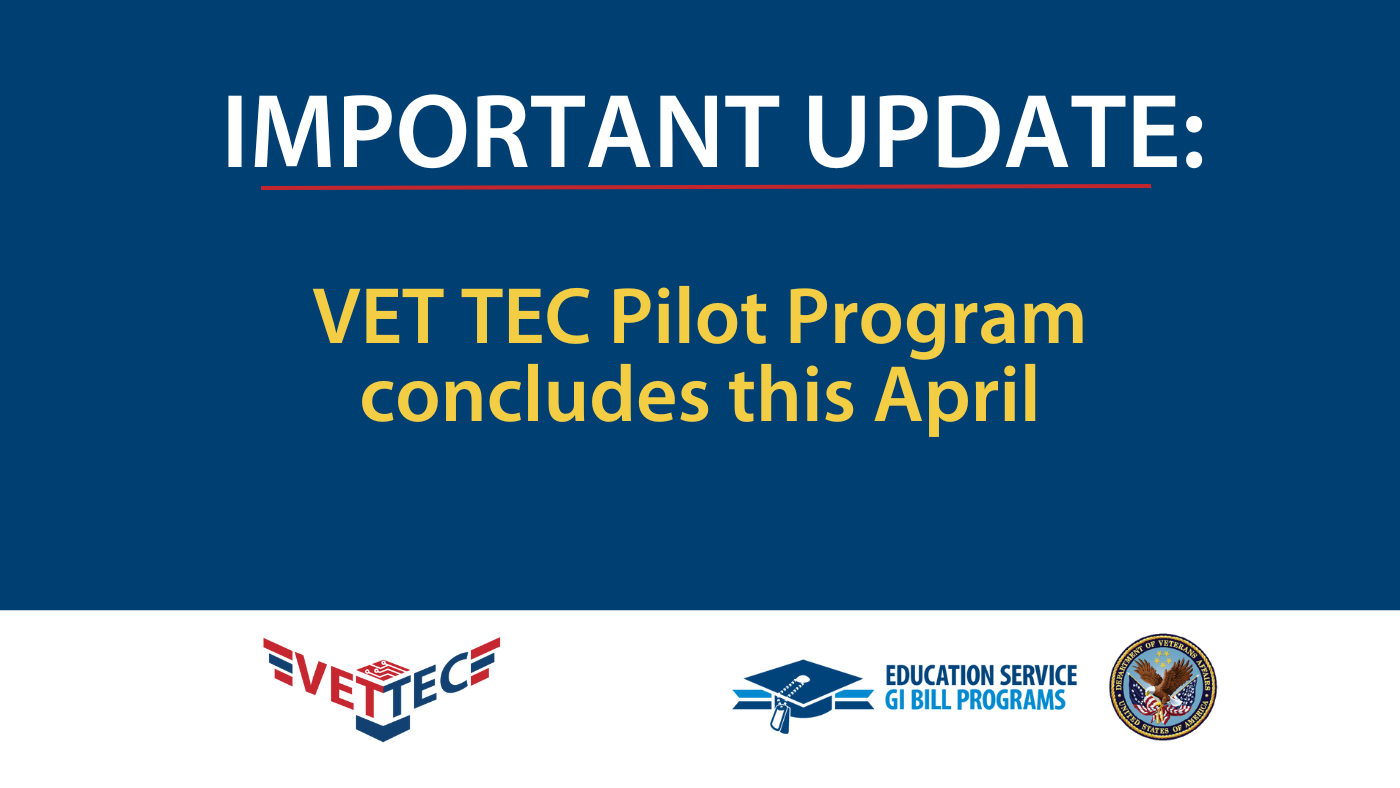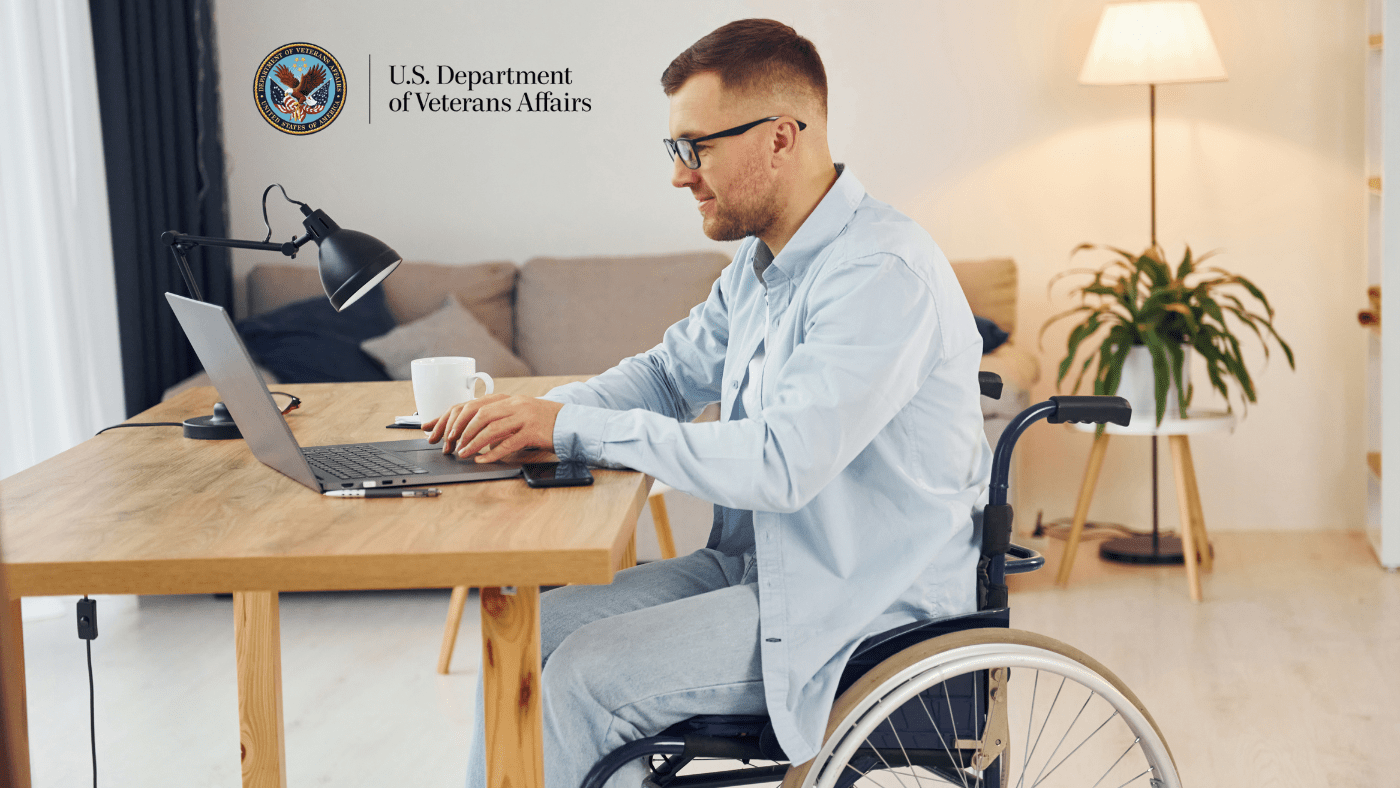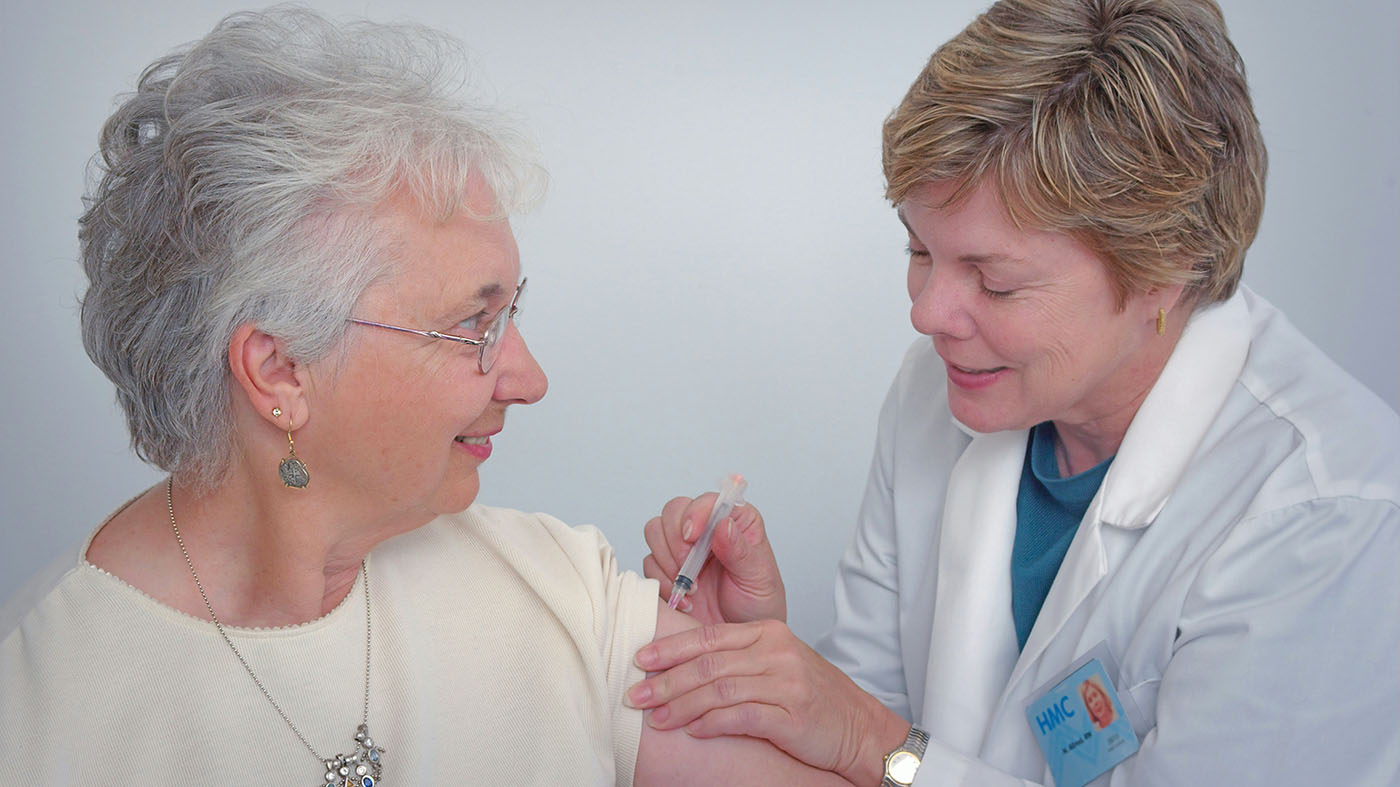These days, COVID-19 has all of us opting for telehealth and/or virtual appointments rather than going into the doctor’s office. The health care industry has seen a significant increase in telehealth visits as a result. Telehealth is a win-win for providers and patients, but there are some privacy and security risks that cyber providers must minimize to protect your sensitive patient data.
Here are a few things to consider with telehealth and virtual doctor visits:
Make sure you have the equipment you need
- A phone line if the visit is audio only.
- Headphones.
- An internet connection.
- Video access through a smart phone, tablet, or computer with a camera.
- An app used by the provider to connect (be sure to download before your appointment).
The best setting for a virtual doctor’s visit
- Find a quiet location in a well-lit area.
- If you’re in a public place, make sure you have privacy so no one can steal your personally identifiable information (PII) or patient health information (PHI), and wear headphones.
- Consider having a family member join you to take notes or raise possible questions and concerns if you forget.
Cybersecurity tips
- Your health information is your private information and it should remain private.
- A doctor’s office will never ask you to text your PII or PHI. In most cases, nurses are calling the patient ahead of time to confirm information or switching to patient portals.
- Confirm the platform you’re using for your appointment is Health Insurance Portability and Accountability Act (HIPAA) compliant – talk to your doctor about this when scheduling your appointment. You won’t be the first person to ask this question, so don’t be nervous.
- If you’re concerned about your connection, ask the doctor’s office what other HIPAA-compliant options you have. We’ve all been there where our internet goes wonky and we get cut off.
- If you’re using an app for your visit, make sure it’s up to date. Security measures have increased drastically since COVID.
- Ask the doctor to confirm they’re in a private location for your visit. You’re taking precautions and so should they!
- COVID-19 scams are increasing rapidly every day. The American Association of Retired Persons (AARP) came out with a recent study showing that phone scams are huge right now. If a doctor’s office calls you and asks for payment over the phone, verify it’s them by calling them back with the number you have on file for them. A doctor’s office will never text or email you for payment. Call to confirm how your doctor will send invoices – either an invoice in the mail or a notification in your patient portal.
- Just like before, always use proper methods to dispose of medication information and receipts. Never throw them away. Shred receipts and take the stickers off any prescription bottles before recycling or throwing away.
It might take some time to get used to this new normal. Telehealth is a benefit, but any privacy and security concerns should be talked about openly with your health provider.
OIT is always seeking to ensure VA consistently delivers technology transformation to support exceptional delivery of services to Veterans.
Submitted by VA’s Office of Information Technology.
Topics in this story
More Stories
Over the five-year program, more than 14,000 VET TEC beneficiaries completed their program and nearly half have reported finding meaningful employment with an average starting annual salary of $65,000.
VA is calling for applicants for the 2024 Specially Adapted Housing Assistive Technology grant.
Updated COVID vaccines are available free of charge to Veterans receiving care at VA .






